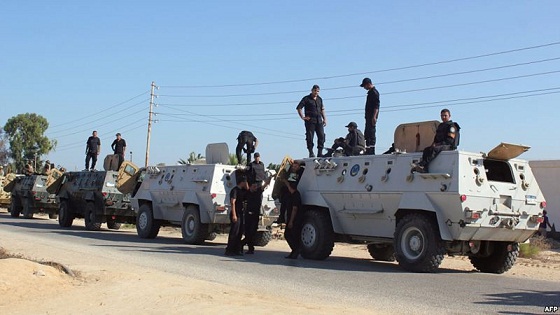CAIRO: Foreign Minister Ahmed Aboul Gheit announced that his trip to Sudan yielded promising results after the latest political crisis hit Egypt’s neighbor.
Aboul Gheit, who was accompanied by Chief of General Intelligence Omar Suleiman, said that he was assured by both sides of the conflict that peaceful negotiations, not violence, were the only path they intended to take to solve the crisis.
The meetings “indicate the real and serious intention of all parties to surmount the current crisis between the partners of the Peace Agreement, said a foreign ministry statement.
Aboul Gheit “also outlined that both sides indicated their keenness to carry on the implementation of the Comprehensive Peace Agreement items, and that the peace option is an inevitable strategic option for both sides.
The Egyptian delegation carried a message from President Hosni Mubarak to the respective sides urging them to resolve their differences according to the guidelines of the North-South peace agreement and pledged Egyptian support for any efforts towards that end.
Aboul Gheit and Suleiman had made a quick fire visit to Sudan Wednesday in an attempt to avert the latest political crisis in the war-torn country after southern ministers resigned from the cabinet.
The political bureau of the southern Sudanese People’s Liberation Movement (SPLM) withdrew its ministers in the National Unity Government to protest what it viewed as stalled progress on certain tenets of the agreement. At the fore of these concerns are the redeployment of army troops and the demarcation of the North-South Sudan border.
The foreign ministry statement said that “the delegation also listened to the assessment of President Al-Bashir of the stance towards the implementation of the agreement.
The north-south civil war in Sudan raged for 21 years, killing 2 million people and driving another 4 million from their homes.
The civil war came to an end in 2005 when the government and rebels agreed to a power sharing system, which would ensure the rights of the southern Sudanese, an area rich in oil and other natural resources.
The agreement led to the formation of a coalition government that included representatives of the south as well as a southern semi-autonomous rule over the region. Additionally, the agreement promised southerners a vote on secession by 2011.

